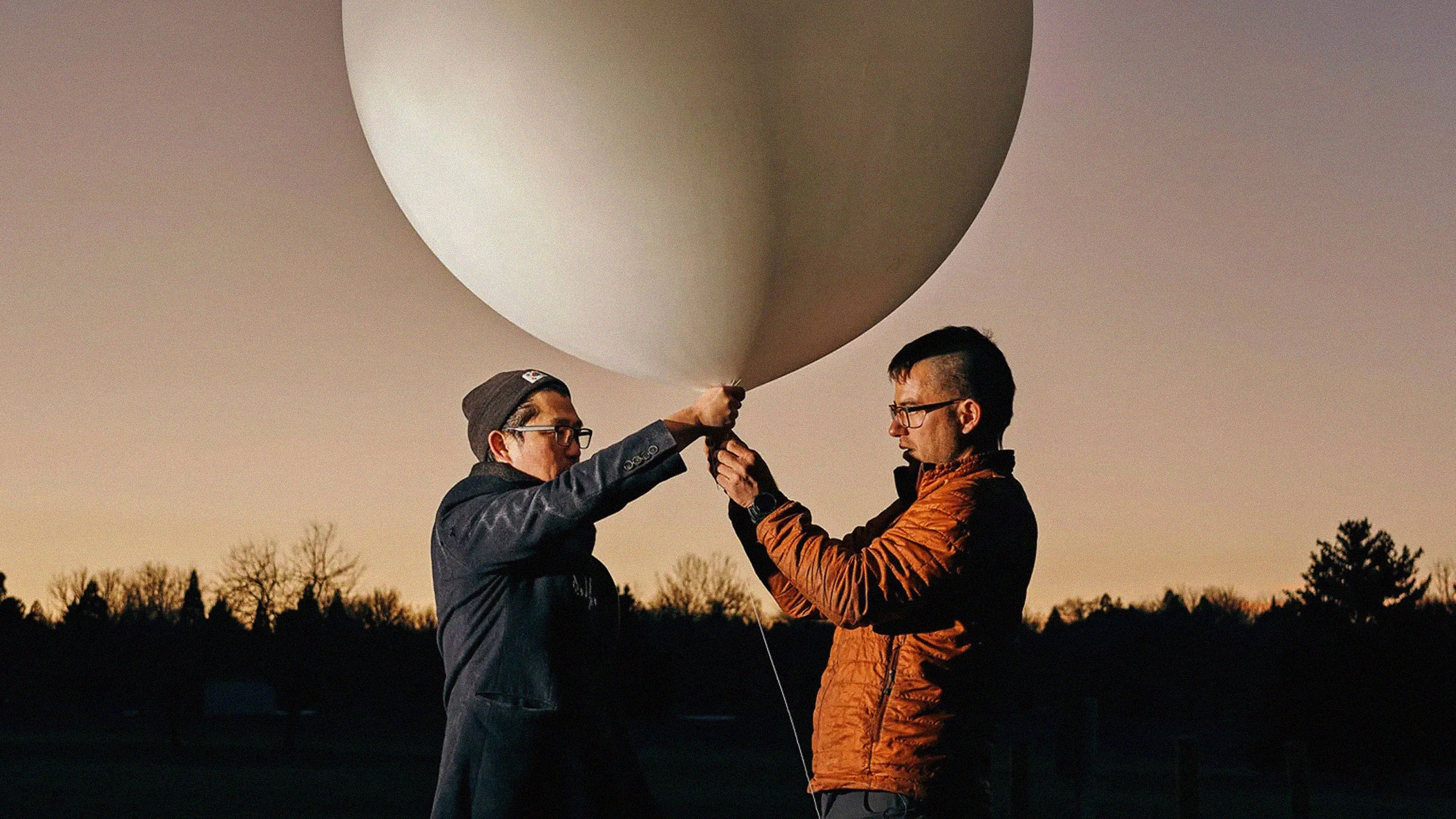The legendary designer explains how to avoid fads, cheap tricks, and “vulgarities” of all kinds.
Question: What makes a design work?
Massimo Vignelli: Well, it should be visually powerful in the sense that I do not like design that is a flat tire, that has no tension, that has no guts, that has no expression. This doesn’t mean to be [boom] like this, it could be on the contrary, extremely elegant. And by that I mean, intellectually elegant. Not fashion elegant, not mores elegant, but intellectually elegant. That means a mind that has been cultivated and refined for quite a long time, you know. Reading the best kind of books and really understanding how the mind can be sublime. And another way intellectual elegance is exactly the opposite of intellectually vulgar, you know. And indeed, we are surrounded by a tremendous amount of vulgarity, therefore, it is a strive to – it is an effort to change that kind of situation, but it is very exciting because you have a sense of accomplishment. You know. And of course, you like to talk about it, you like to convince people and tell people how to get away from vulgar situations into something which is a little more elegant, a little more refined. And if you multiply, multiply, multiply, then the world is beginning to get better. It takes you a long time.
Then the third thing is, people are fascinated with trends. You know, trends are in the air, everybody likes to be trendy, to be up-to-date, you know. But what is up-to-date today is gone tomorrow. And if you are a responsible kind of a designer, you cannot design things that tomorrow are no good anymore. If you like cheating with your client and your public where you use it, whatever it might be. So, you like to design something that is going to last a long time. And so, you train yourself to be disciplined and you train yourself to stay away from trends. And in a sense you get automatically involving into the notion of timelessness, so it takes to last a long time. And my god, I can quote so many things. Let’s say American Airlines logo I’ve done. Look how many have been done since I done that one. I done that one 45 years ago, maybe even 50 years ago, and it’s still there. It’s the only one that’s never changed. And how you can change? How can you make it better? It’s very legible, there are no tricks, it’s half red, half blue. What is more American than that? You give me one and I’ll take a look. You know, the type is a type that will last forever. And it’s fine.
There are so many, the Bloomingdale logo, or the New York Subway, or you know, I mean, plenty, plenty, plenty of things which are – and objects that we have done, plates like the Heller plates. You know, generation after generation grew up by eating on those plates and they are still around today. Furniture that we have designed a long time ago are still there, and so on. So, it is great to design things that stay a long time. They have a long staying power. And when you look at the antiques, one, they have staying power. So, I kind of like the idea of designing things that in 100 years from now will be looked at with respect and not laughed about, in a sense.
Question: What aspects of contemporary design do you dislike?
Massimo Vignelli: Well, vulgarity is a real ubiquitous thing. You know, vulgarities on everything. On clothing today more than ever is on printed matter, kind of toonish kind of things, balloons, even the subway map has all those balloons. I mean, that’s very low level, literally, there’s no need. You don't talk down to people, you talk up to people, you know. So instead most of the people -- most of the manufacturers they tend to design things to sell they are more interested in the money side than anything else. And greed is really the religion of vulgarity. And it's that is that kind of greedy you know that everybody seems to have. I mean, as part of the culture, more here than any other place to a certain extent. Maybe because it offers more, maybe because there's more buying power in the people, who knows? I don't know why. But certainly is -- and you know why else because it's a very young country and hasn't had the time to sift what is good from what is bad. But like everything that is young it's fascinating.





